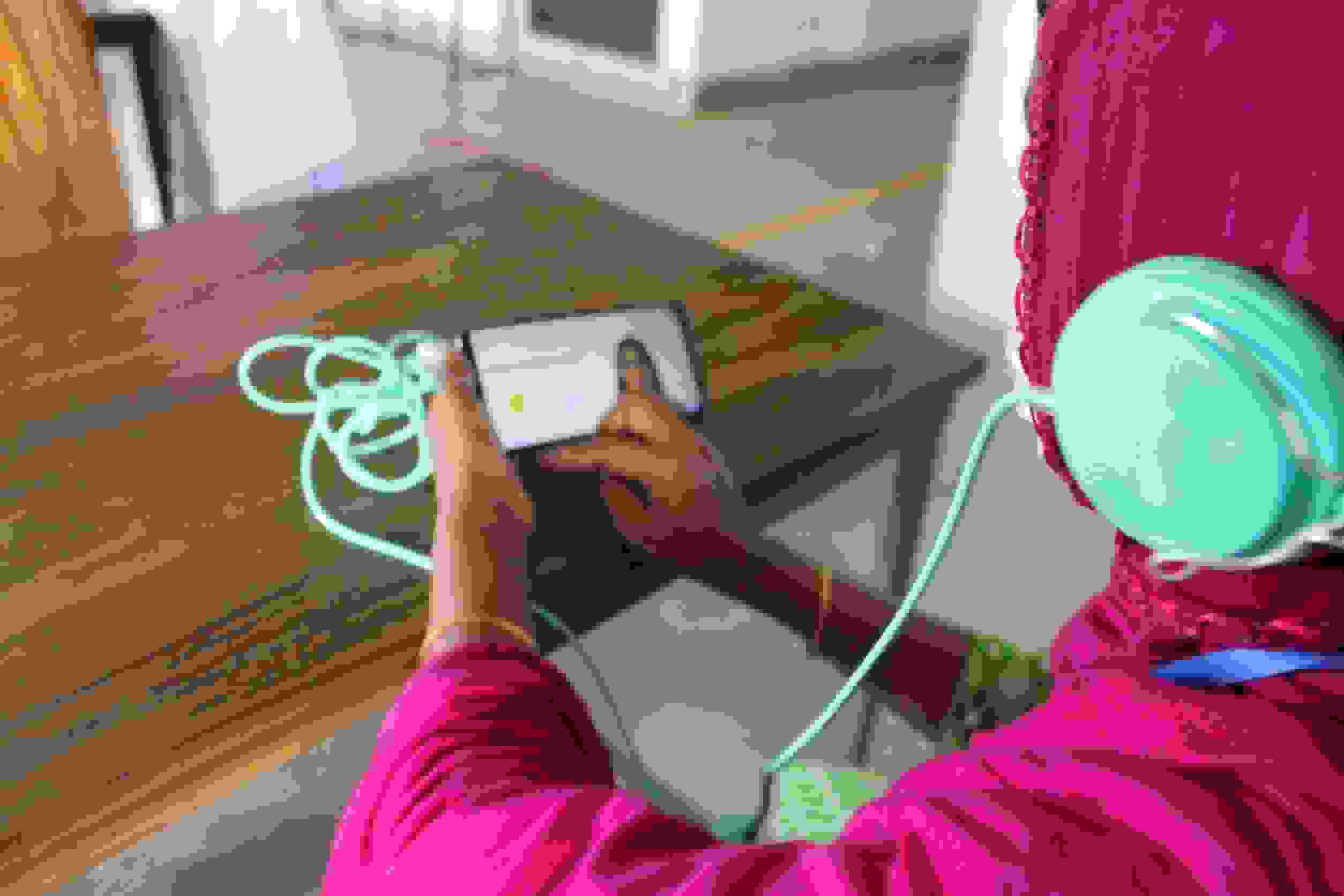The aim of the report is to help S Group and its textile suppliers in Bangladesh to develop their business so that it is family-friendly and takes child rights into account. The report is based on confidential and anonymous interviews conducted in 2022 at two textile factories that are long-term partners of S Group. In addition, local stakeholder, including authorities and organisations, such as representatives of the ILO and various NGOs, were also interviewed.
“We wanted to make the workers’ voices heard. We recognise sustainability in the female-dominated textile industry as a human rights issue that we want to understand more deeply in order to identify the areas for development”, says Nina Elomaa, Senior Vice President, Sustainability at S Group.
Workers’ understanding of their rights, parents’ working hours and birth certificates as areas for development
Bangladesh is the second largest exporter of textiles to the EU market after China. The country’s legislation has progressed from the past years, and the sustainability of textile production has improved. The survey responses of the workers at the investigated factories were quite positive.
However, there are also areas for development. Save the Children estimates in the report that factory management should be trained on the rights and needs of women and children. It would be good for manufacturing sites to develop more family-friendly operating models and ways to combine work and family life. Attention should be paid to the working hours of the parents of young children.
“The report shows that many things are in good order at the investigated factories, but with properly targeted development measures, it is possible to elevate child rights and family-friendly operations in textile production”, says Camilla Ekholm, Manager, Global Corporate Partnerships at Save the Children Finland.
Not all workers were clear on the concepts of working life and their own rights. Some children of less educated parents lacked birth certificates.
“We want to look for concrete ways on how we can influence, for example, workers being better informed about the rights and concepts of working life. We also see it as essential to promote fair remuneration through cooperation”, says Nina Elomaa.
A new kind of video tool gave the workers a voice
The collection of information for the investigation carried out at the factories utilised a new type of video survey as well as data collection and analysis methods developed by the Finnish start-up Work Ahead. With the application that can be downloaded to a phone, it was possible to collect opinions from the workers with ease.
“Our video survey made it easy for factory workers, including those unable to read or write, to share their views about their working conditions”, says Ilona Mooney, CEO of Work Ahead.
Positive observations based on the worker survey:
Experiences of discrimination were rare.
Most have the opportunity for training in their job.
Most of the respondents feel that the workplace is a good place for pregnant women or those with families.
Work life and family life can be combined, and childcare is available.
Areas for development based on the worker survey
15% of the respondents indicated a lack of understanding of their own rights and matters related to collective agreements
Although the factory workers of these factories have more registered birth certificates for their children compared to the general level in Bangladesh, 15 % of the respondents did not have birth certificates for all their children and 14 % were not sure if their children had birth certificates.
11 % of the respondents mentioned a not sufficient living wage and long working hours especially by those workers with large families.
Read the full report: Increasing transparency and listening to workers’ voice: a survey on child and female rights as well as family friendly operations in the textile sector in Bangladesh
